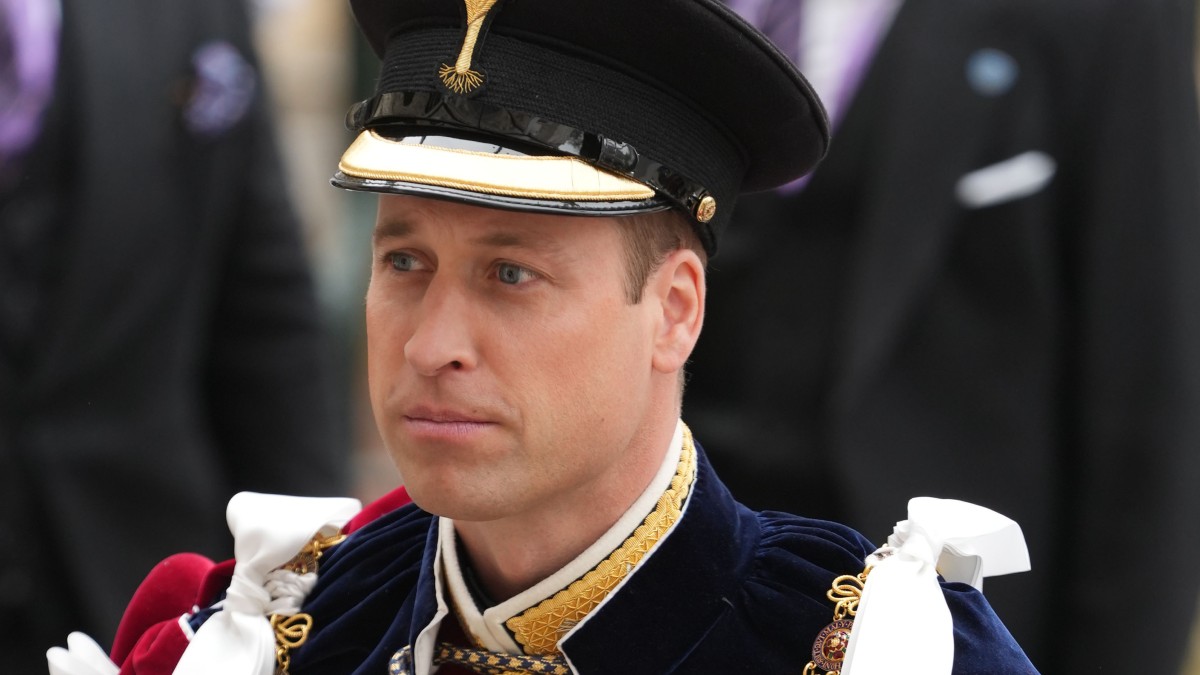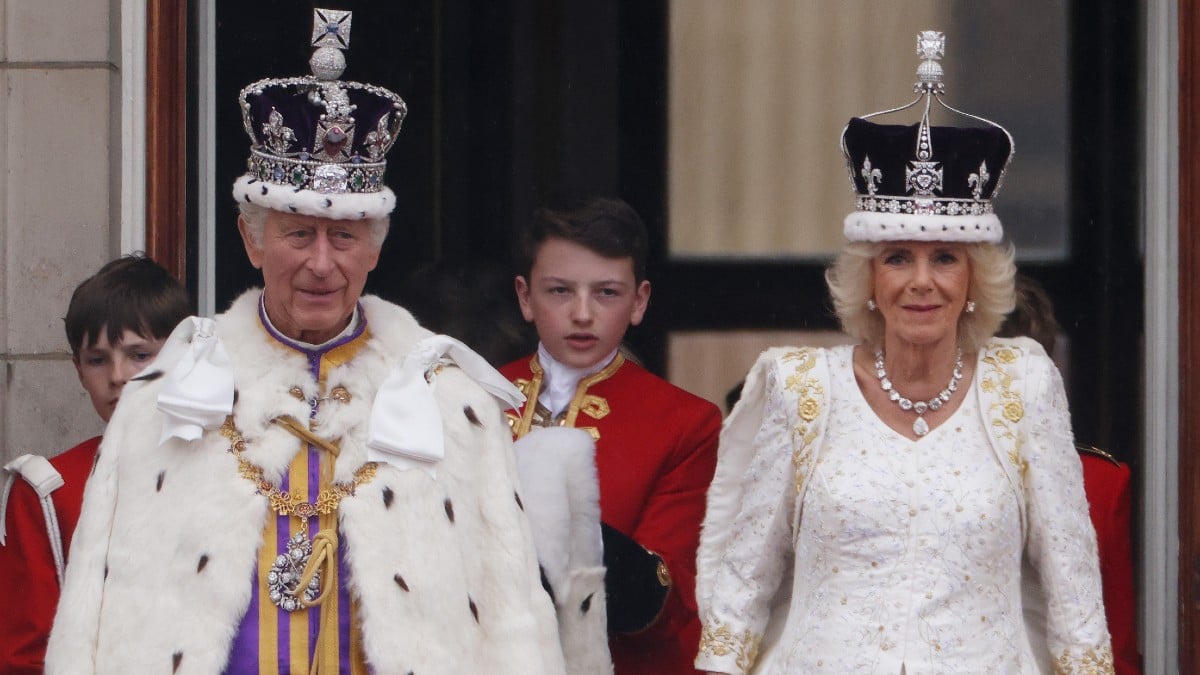The royal coronation of King Charles III only took place on May 6, 2024, but interest in who could take over from him as the next ruler of the United Kingdom and the territories of the Commonwealth is already increasing. Typically, these things aren’t necessarily to think about until decades in the future. For instance, the king’s coronation was only the 40th to be held at Westminster Abbey since the year 1066, with the last most-recent coronation having been the 1953 ceremony for Queen Elizabeth II.
Given the record-breaking reign of Charles III’s mother, which lasted 70 years and 214 days, the topic of who’s next in line for the British throne was not expected to be at the forefront of many minds this soon, but the 21st century’s second British coronation will undoubtedly come much swifter than the last, whenever it happens. With the recent news of King Charles’ cancer diagnosis the question of who will take the throne after him has now been thrust into the collective consciousness sooner than we anticipated.
Who will succeed Charles III as king upon his passing?

Upon the passing of King Charles III, Prince William, the Prince of Wales and the first-born child of Charles and the late Princess Diana, will take the throne. His wife, Kate Middleton, who recently had her own health scare, would become Queen consort of the U.K.
Following William’s death, he will be succeeded by his son, Prince George, who in turn is currently set to be succeeded by his sister, Princess Charlotte. Prior to 2013, George’s youngest sibling, Louis, would have taken the crown before Charlotte, due to the historical preference being given to male siblings regardless of birth order. However, with the advent of the Succession to the Crown Act, which was passed in 2013, that rather archaic rule is no more.

